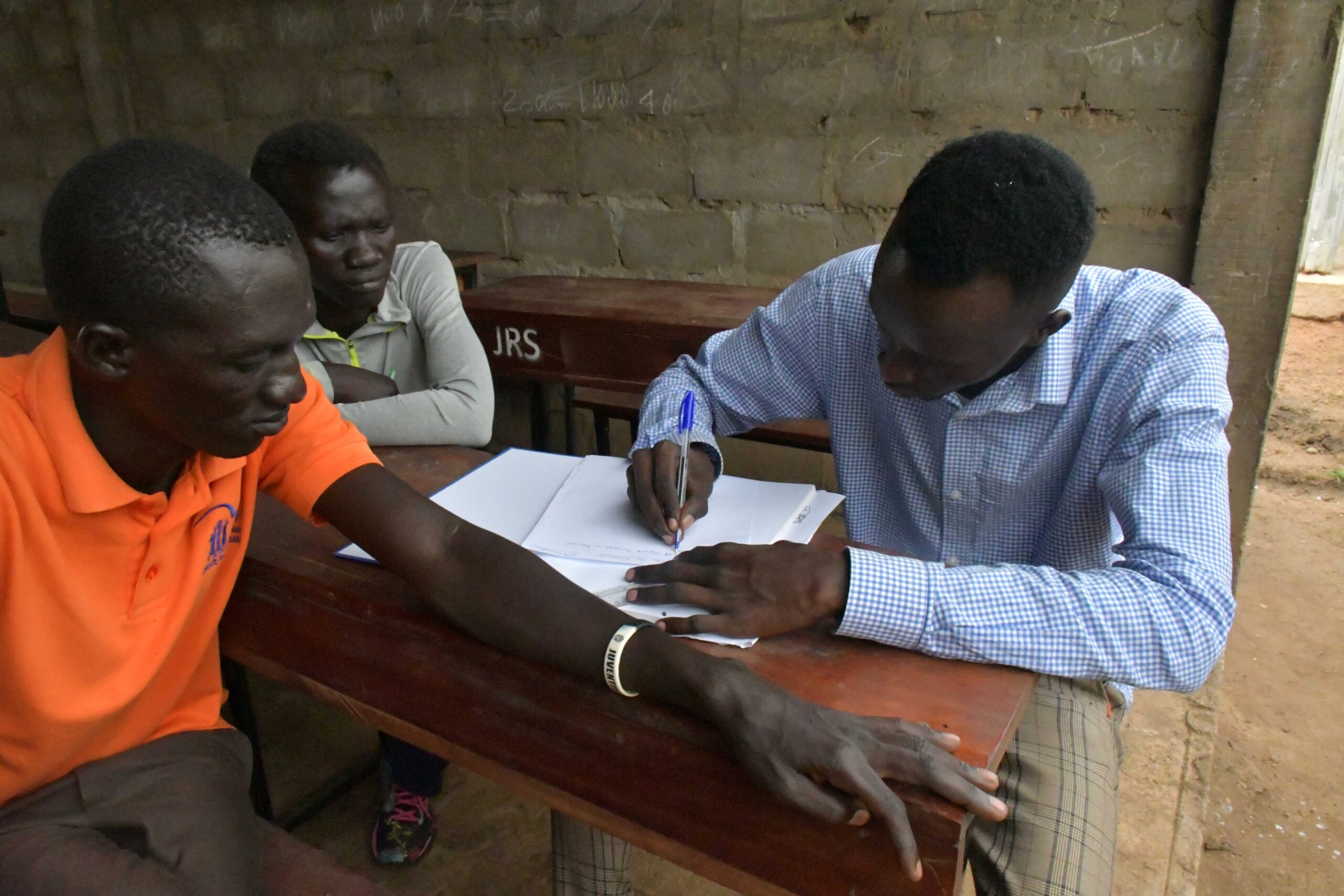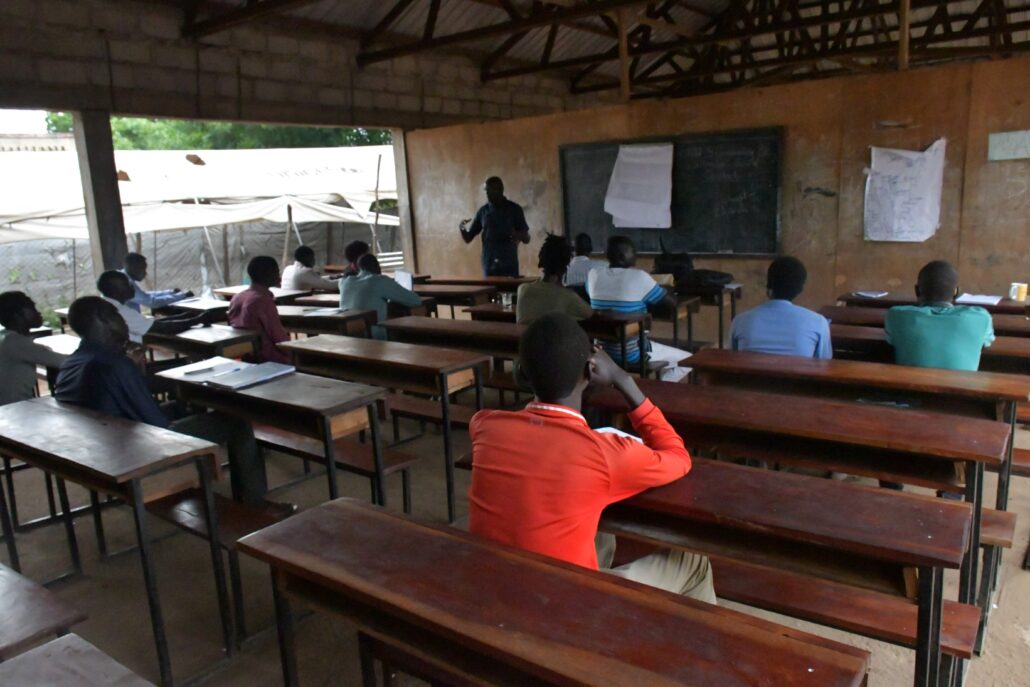
World Teachers’ Day has been celebrated since 1996 and it commemorates the anniversary of the adoption of the 1966 UNESCO Recommendation concerning the Status of Teachers (you can read that: here), which sets benchmarks regarding the rights and responsibilities of teachers, and standards for further education, recruitment, employment, and teaching and learning conditions.
It is also a day to celebrate teachers globally and to recognise the important role they have in not only educating young people but creating the foundation for a skilled workforce – an essential part to development.
World Teachers’ Day recognises the transformative power of education and how beyond critical skills – it is a vocation which can go beyond formal education as teachers are vessels for peace building and encourage youth and adult learners alike to be empathic and reflect on different perspectives.
Education is a powerful tool and in the contexts of where we work, in places of war and ethnic conflict – teachers are more than just educators, they’re community workers and like marketplaces and churches, schools are also at the centre of communities.
This year’s theme for World Teacher Day is “the teachers we need for the education we want” which is focused on a worldwide teacher shortage especially in the global south.
South Sudan is the youngest country in the world and its short history is rife with conflict as civil war has left people and communities vulnerable and marginalised.
The people of South Sudan find themselves in a even more precarious situation as the Sudan Crisis, has meant thousands of refugees and returnees have fled Khartoum and surrounding areas entering the north of the country for safety.

Partnered with JRS, we are supporting emergency teams who are accompanying refugees across the border at transit points in Renk.
At these transit centres, refugees are being supported with emergency aid and transported to refugee settlements like Maban refugee camp where JRS work.
Without sufficient resources, tensions between refugees and host communities may rise and our partners are doing all they can to support all affected, provide critical aid such as food, water and shelter and providing psychosocial support and counselling to families who have fled bombings, often walking miles with nothing but the clothes on their backs.
An essential part to supporting the lives of refugees and surrounding host communities in Maban, is providing schooling so that children can continue their education, reclaim some normality and have a safe and nurturing space to learn and grow.
Teachers are the key to creating these spaces and we are proud to work with JRS in a number of teacher training and inclusion programmes that not only focuses on development but strengthens communities with dignity and respect.
Arrupe teacher training in Maban has become a beacon of hope for those who have fled war and violence – it goes beyond education and is about creating hope and encouragement for the future.
Supporting refugees seeking to upskill and develop their own communities is the first step in addressing mass illiteracy and lack of education in contexts like South Sudan as it focuses on the issue of teacher shortages as well as facilitating peace building between different socio-cultural groups within settlements.
As refugee camps and resettlements experience growing numbers and arrivals – the schooling of refugees will continue to be a challenge. Teachers in South Sudan are more important than ever.
For more information on our work around teacher training overseas, see Gabriel’s story: here
If you would like to help us support refugees in South Sudan as we continue to support families fleeing war.


